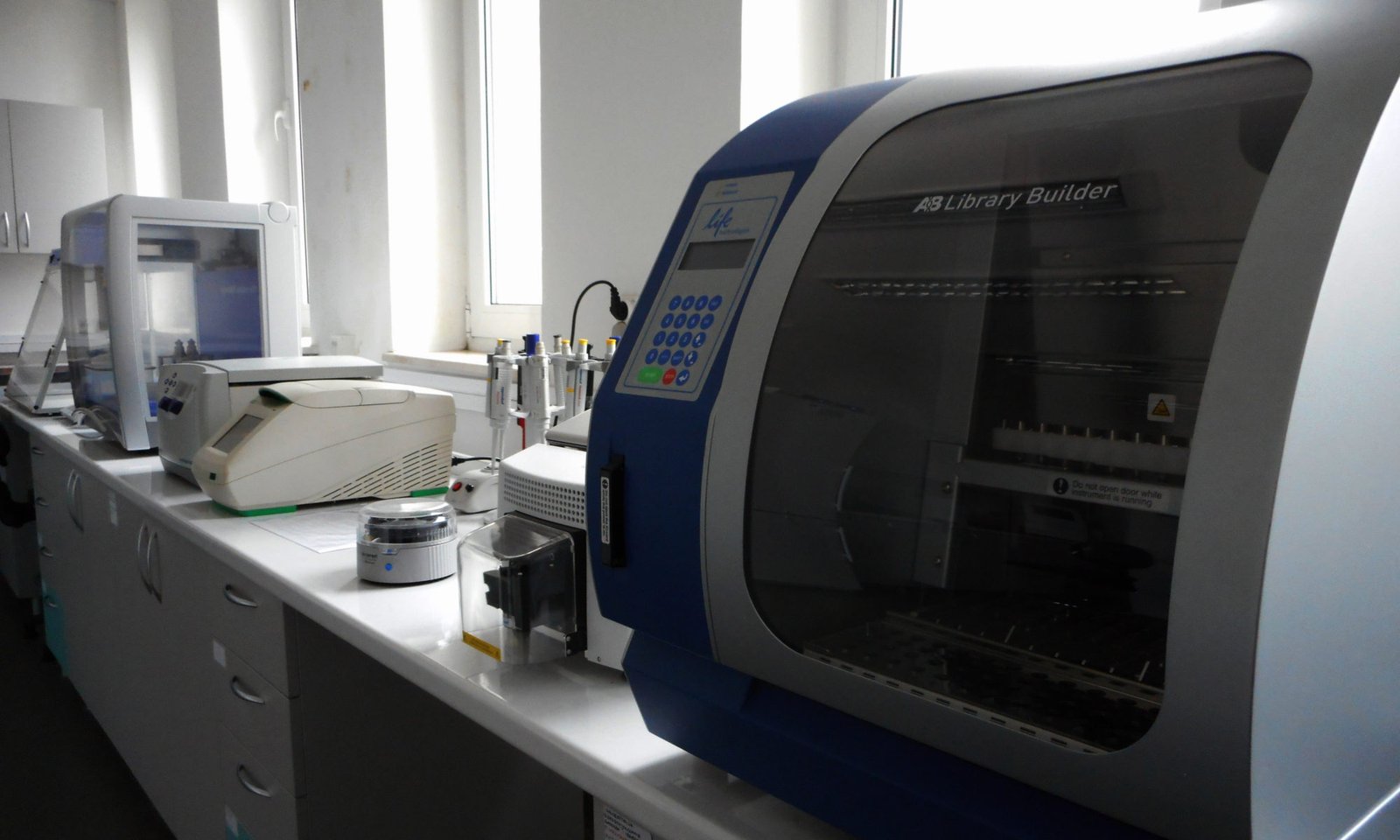Abstract
Glycosylated biopharmaceuticals are important in the global pharmaceutical market. Despite the importance of their glycan structures, our limited knowledge of the glycosylation machinery still hinders controllability of this critical quality attribute. To facilitate discovery of glycosyltransferase specificity and predict glycoengineering efforts, here we extend the approach to model N-linked protein glycosylation as a Markov process. Our model leverages putative glycosyltransferase (GT) specificity to define the biosynthetic pathways for all measured glycans, and the Markov chain modeling is used to learn glycosyltransferase isoform activities and predict glycosylation following glycosyltransferase knock-in/knockout. We apply our methodology to four different glycoengineered therapeutics (i.e., Rituximab, erythropoietin, Enbrel, and alpha-1 antitrypsin) produced in CHO cells. Our model accurately predicted N-linked glycosylation following glycoengineering and further quantified the impact of glycosyltransferase mutations on reactions catalyzed by other glycosyltransferases. By applying these learned GT-GT interaction rules identified from single glycosyltransferase mutants, our model further predicts the outcome of multi-gene glycosyltransferase mutations on the diverse biotherapeutics. Thus, this modeling approach enables rational glycoengineering and the elucidation of relationships between glycosyltransferases, thereby facilitating biopharmaceutical research and aiding the broader study of glycosylation to elucidate the genetic basis of complex changes in glycosylation.
Reference:
Chenguang Liang, Austin W.T. Chiang, Anders H. Hansen, Johnny Arnsdorf, Sanne Schoffelen, James T. Sorrentino, Benjamin P. Kellman, Bokan Bao, Bjørn G. Voldborg, Nathan E. Lewis, A Markov model of glycosylation elucidates isozyme specificity and glycosyltransferase interactions for glycoengineering, Current Research in Biotechnology, 2020, https://doi.org/10.1016/j.crbiot.2020.01.001
A Markov model of glycosylation elucidates isozyme specificity and glycosyltransferase interactions for glycoengineering https://t.co/vidLnHfcpL #CRBIOTECH #Glycosylation #Glycotimehttps://t.co/MOMxtPUg59
— INPST (@_INPST) February 6, 2020
Join us on other social media channels: https://t.co/WO0pc6I3Q9 pic.twitter.com/W85ksJ2AVO
Why publish with Current Research in Biotechnology? Quality. Speed. Visibility. https://t.co/xj0ri5DgNI #CRBIOTECH #INPST pic.twitter.com/jcIVOavjjf
— Atanas G. Atanasov (@_atanas_) June 26, 2019
The International Natural Product Sciences Taskforce (INPST) maintains up-to-date lists with conferences, grants and funding opportunities, jobs and open positions, and journal special issues with relevance for the area of phytochemistry and food chemistry, pharmacology, biotechnology, medicine and pharmacognosy research, and natural product science.
Join for free INPST as a member

























